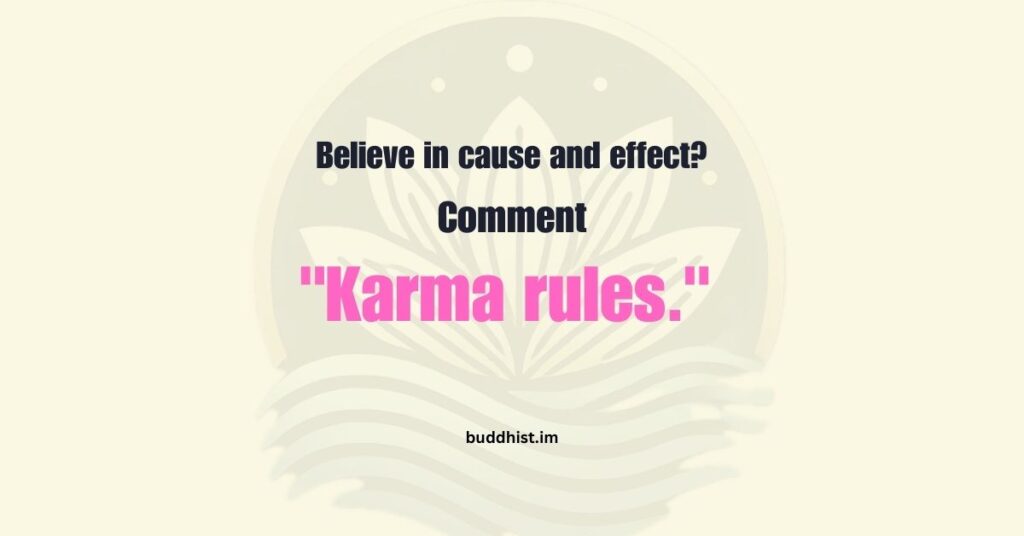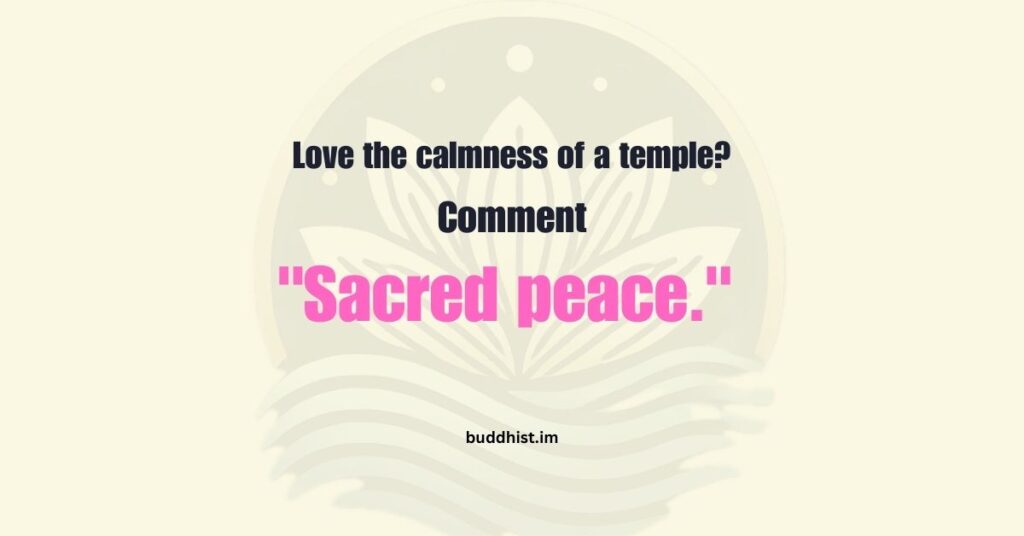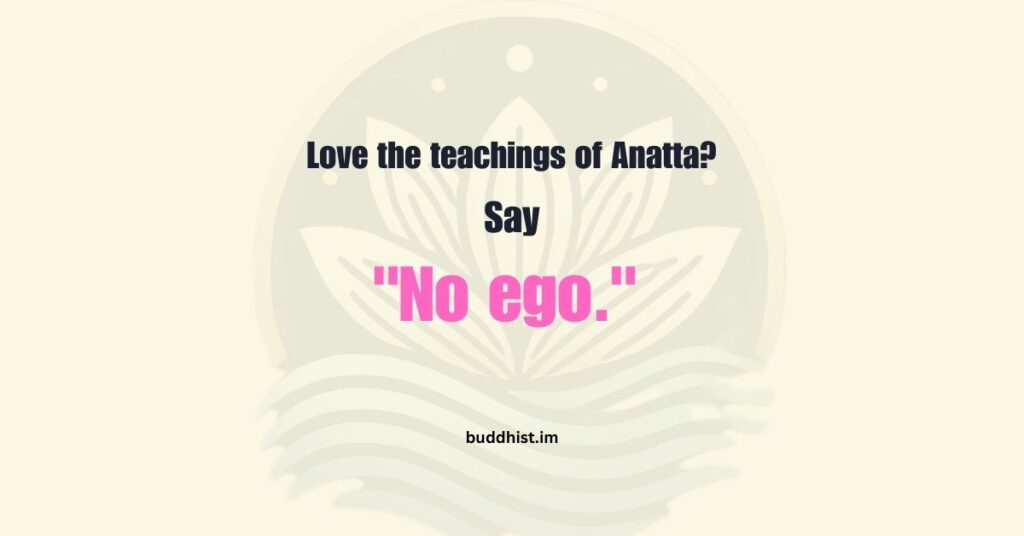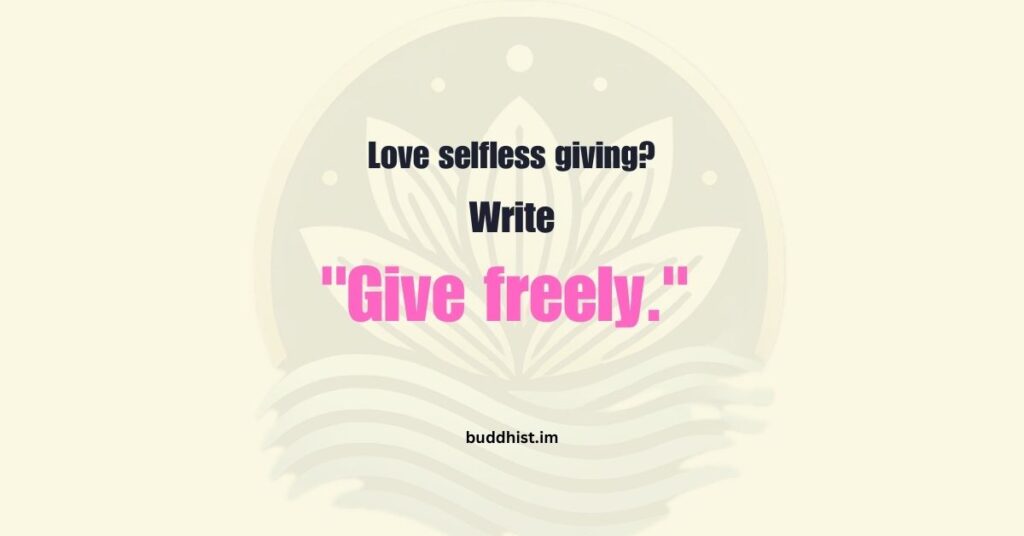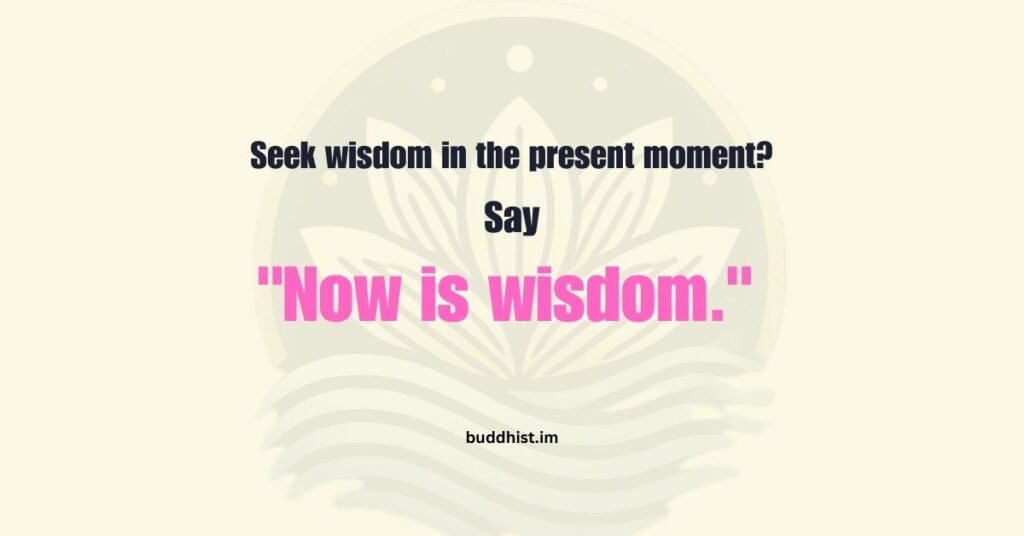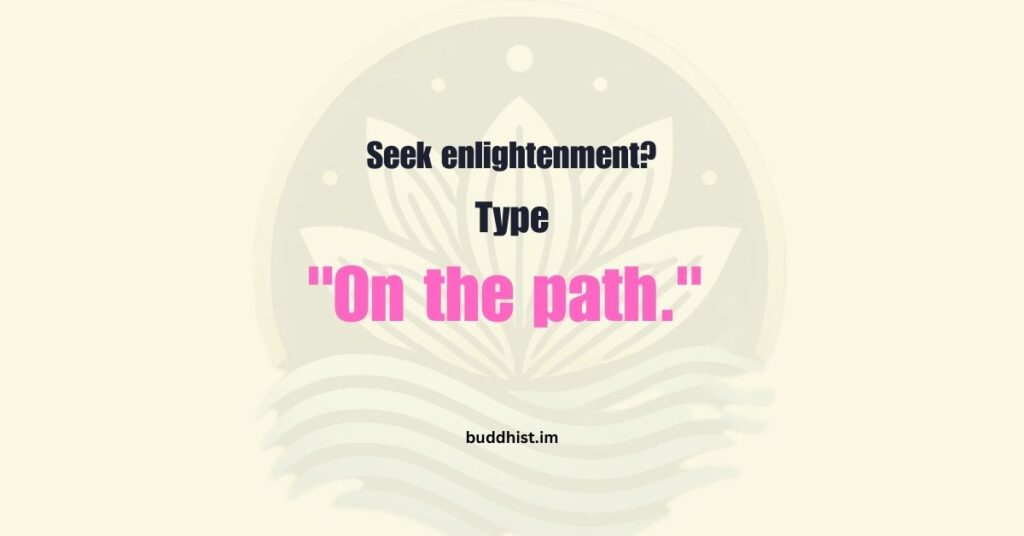Marriage is often painted as a dreamy fairytale or, depending on who you ask, a battlefield of dirty socks and thermostat wars. But here’s the secret sauce that’s often missing in these narratives: vulnerability. Yep, that’s right. Not date nights. Not matching mugs. Vulnerability.
We’re talking about the courage to share your raw, unfiltered self with your partner. For those of us inspired by Buddhist principles (or just looking for some peace in our lives), vulnerability is the bridge between two hearts. It’s the game-changer that transforms a marriage from “fine” to fabulous. So, let’s dive into why vulnerability matters and how it can help you build a marriage that’s more peaceful, connected, and joyful, like the Buddha’s ultimate chill vibe, but for couples.
What Is Vulnerability, Anyway?
First off, vulnerability isn’t about oversharing your every thought or emotion, like confessing your love for pineapple pizza while your partner looks at you in horror. (But hey, if they stick around after that, you’ve got a keeper.) Vulnerability is about showing up authentically, even when it’s uncomfortable. It’s about saying, “I feel hurt” instead of slamming the door. It’s about admitting, “I’m scared” instead of pretending you’ve got it all together.
Dr. Brené Brown, the queen of vulnerability research, puts it perfectly: vulnerability is the birthplace of connection. And isn’t connection what marriage is all about? That’s where the Buddhist touch comes in, mindfulness, compassion, and openness make vulnerability not just doable but downright transformative.
Why Vulnerability Is a Total Game-Changer
- Deepens Connection When you’re vulnerable, you let your partner see the real you. Not just the “I’ve-got-my-life-together” version, but the messy, beautiful, work-in-progress you. This honesty fosters trust and intimacy. When your partner feels safe to do the same, you both create a love that’s built on mutual respect and authenticity.
Imagine saying, “I’m really stressed about our finances,” instead of bottling it up or lashing out. This honesty invites your partner to support you instead of leaving them to guess what’s wrong. It’s like meditation for two, you’re being present with each other’s truth.
- Reduces Conflict Ever notice how a lot of arguments are actually about not feeling heard or understood? Vulnerability nips that in the bud. When you open up about your feelings instead of launching into blame mode, you’re less likely to escalate conflicts. Instead of “You never listen to me!” try, “I feel ignored when you’re on your phone during dinner.” See the difference?
- Promotes Healing We all have wounds, whether from childhood, past relationships, or even that time your middle-school crush called you “weird.” Vulnerability allows you to share those wounds with your partner. When done with love and compassion, this sharing can be deeply healing. It’s like saying, “Hey, here’s a scar. Handle it with care,” and your partner responds, “Got it. I’ll keep it safe.”
The Buddhist Angle: Mindful Vulnerability
Buddhism teaches us the value of impermanence and interconnectedness. Vulnerability aligns beautifully with this wisdom. When you’re vulnerable, you embrace the imperfection of your human experience and connect deeply with your partner’s humanity.
- Mindfulness: Before opening up, pause and check in with yourself. What are you really feeling? Mindfulness helps you communicate with clarity and kindness, rather than in the heat of the moment.
- Compassion: Approach your partner’s vulnerabilities with an open heart. When they share something tender, resist the urge to fix it or judge. Just listen and hold space.
- Non-Attachment: Vulnerability doesn’t guarantee a specific response. Your partner might need time to process. Practice non-attachment to outcomes, trusting that your honesty is enough.
Tips for Practicing Vulnerability
- Start Small: You don’t have to bare your soul on day one. Begin with small, honest statements like, “I’m feeling anxious today,” or, “I really appreciate you taking the time to listen to me.”
- Create a Safe Space: Set an intention together to foster a judgment-free zone in your relationship. This means listening without interrupting, criticizing, or offering unsolicited advice.
- Be Patient: Vulnerability is like a muscle. The more you practice, the easier it gets. Don’t rush yourself or your partner, growth takes time.
- Laugh About It: Vulnerability doesn’t have to be all serious. Share your embarrassing moments and quirks. Laughter is one of the best ways to connect.
- Practice Self-Compassion: Be kind to yourself as you navigate vulnerability. Remember, you’re doing the best you can, and that’s enough.
A Real-Life Example
Let’s say you’re feeling insecure about a work issue but don’t want to burden your partner. Instead of keeping it in, try saying, “I’m feeling a bit overwhelmed with work and could use some encouragement.” This simple statement invites your partner to support you and strengthens your bond. Bonus points if they respond with, “You’ve got this” and a spontaneous hug.
Wrapping It Up: The Happily Ever After You Can Build
Marriage isn’t about being perfect; it’s about being real. Vulnerability is the key to that authenticity. It allows you to build a relationship rooted in trust, compassion, and connection. For couples inspired by Buddhist principles, it’s a practice of mindfulness, kindness, and mutual growth.
So, next time you’re tempted to hide your feelings or pretend everything’s fine, remember this: true love isn’t about perfection. It’s about showing up, flaws and all, and saying, “Here I am.” And when your partner does the same? That’s where the magic happens. Namaste, lovebirds!
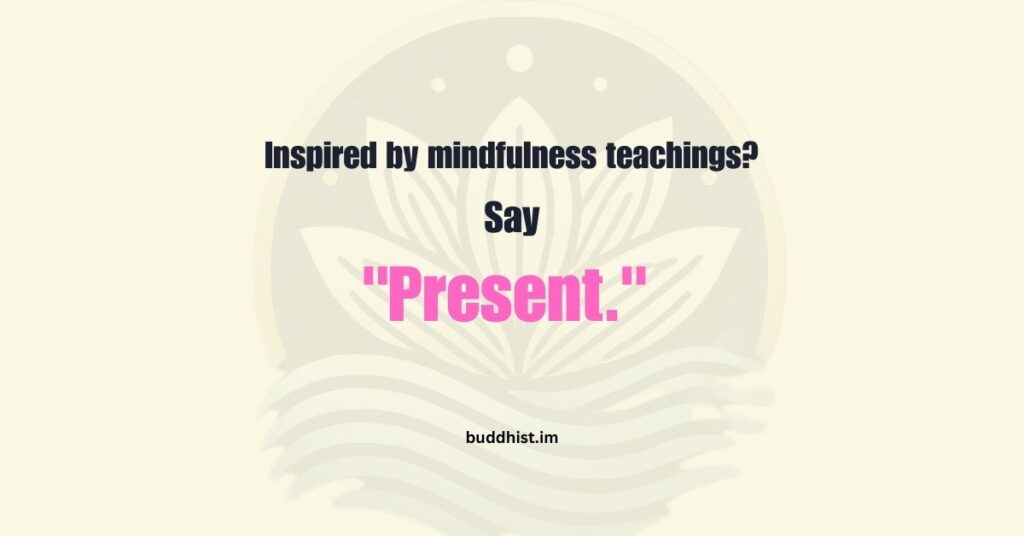

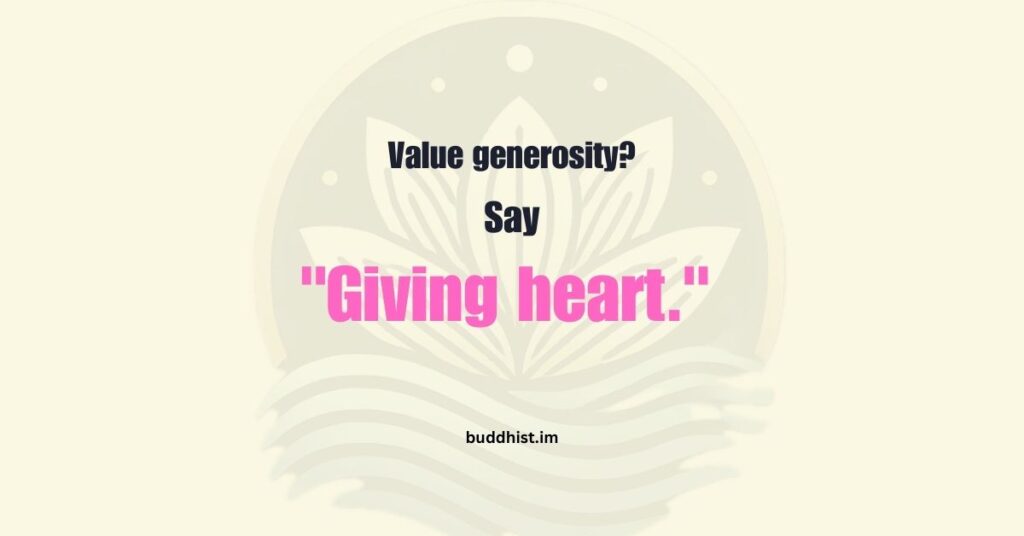
![Stop Losing Yourself in Marriage, [Here’s the Fix]](https://buddhist.im/wp-content/uploads/2025/01/Stop-Losing-Yourself-in-Marriage—Heres-the-Fix-1024x536.jpg)
![Stop Over-Explaining [Here’s What to Do Instead]](https://buddhist.im/wp-content/uploads/2025/01/Stop-Over-Explaining-Heres-What-to-Do-Instead-1024x536.jpg)

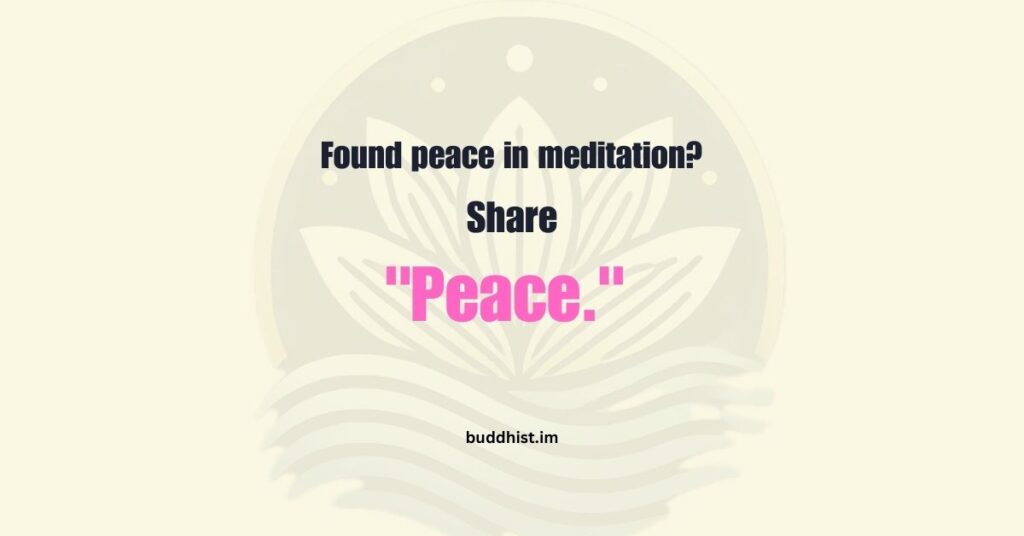
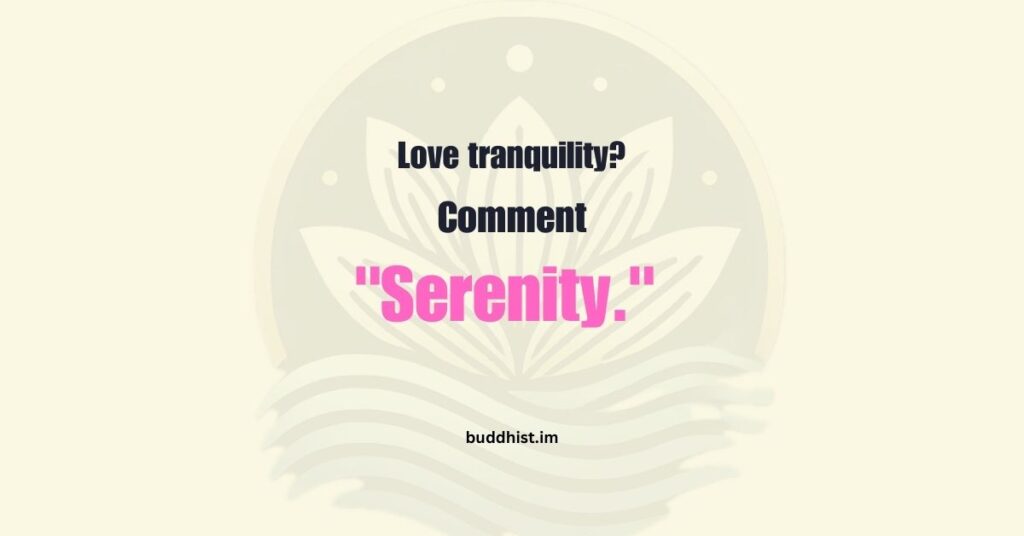


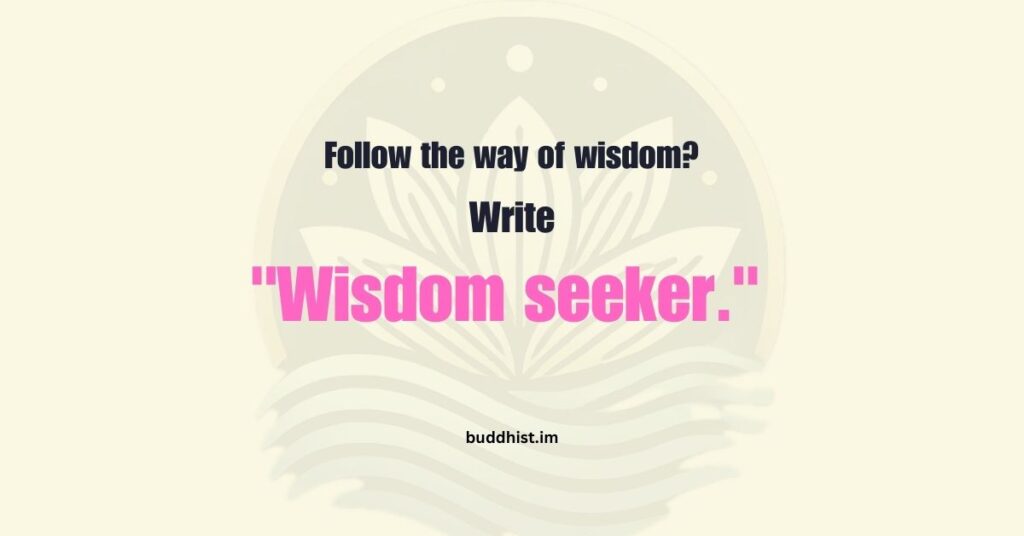
![[Trust Thrives on THIS] And It’s Easier Than You Think!](https://buddhist.im/wp-content/uploads/2025/01/Trust-Thrives-on-THIS—And-Its-Easier-Than-You-Think-1024x536.jpg)
